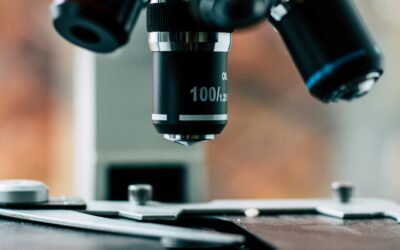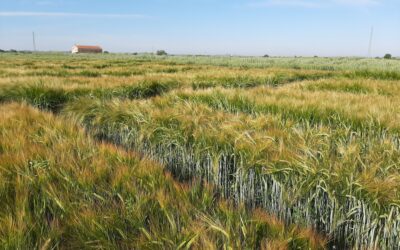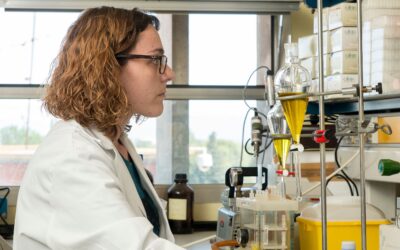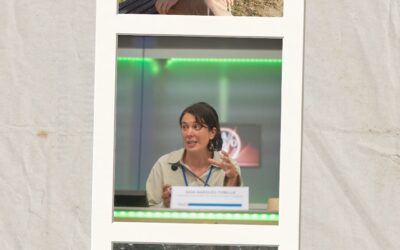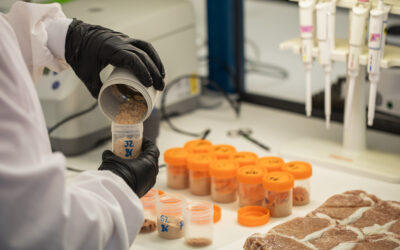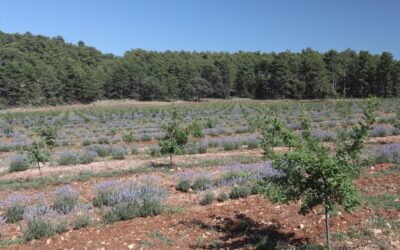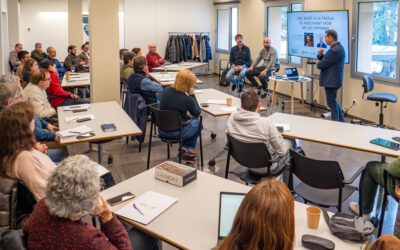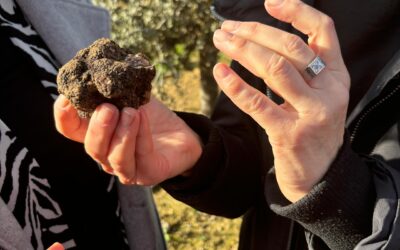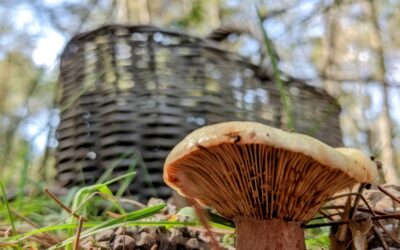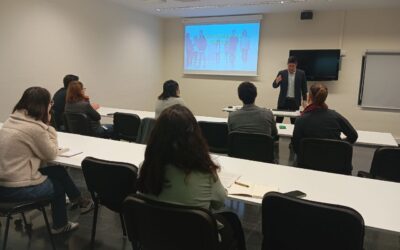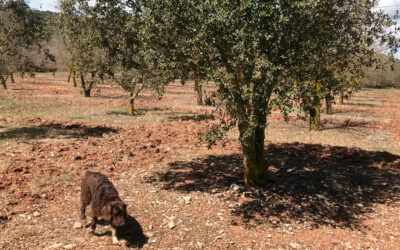News
Agrotecnio and IRBLleida jointly promote three new biomedical research projects
Studies address the prevention of colonorectal cancer through the intake of barley-rich foods, the use of rice seed extracts to inhibit infectious diseases and the investigation of systems to enhance the absorption of beta-carotene. The two CERCA centers are...
Agrotecnio investigates the resilience of barley and malt to heat wave stress and pre-harvest sprouting
This is a collaborative project with the companies La Moravia (Damm group), Semillas Batlle and Cupasa, and is financed by the Department of Agriculture, Livestock and Fisheries of the Generalitat de Catalunya The aim is to improve the malting barley value chain and...
Agrotecnio launches 6 projects with the Departments of Law and Economics and Business of the University of Lleida
The Foundation encourages its scientists to collaborate with other researchers at the UdL The initiative includes a project on the importance of women in the preservation of agrobiodiversity and the promotion of e-commerce in the pig sector The CERCA Agrotecnio...
Agrotecnio incorporates 3 new young researchers in the plant and environmental field
The CERCA center Agrotecnio has recently incorporated 3 new young researchers of excellence who will join the research groups in the area of agronomy and environment coordinated by the centre. They are three researchers with an international profile who will form part...
Agrotecnio is involved in a project to develop a genetic marker application to improve the survival of fattening pigs affected by respiratory disease
This is an Operational Groups 2023 project, financed by Department of Agriculture, Livestock and Fisheries of the Government of Catalonia The participants are Selección Batallé SA (Leader), Vall Companys SAU (beneficiary), Ramadera Montpedrós, SLU (beneficiary), Grup...
Agrotecnio leads the European COSMOS project, which seeks to revalue the Mediterranean rural environment through the cultivation of truffles and other high-value species
With the participation of the Centre of Forest Science and Technology of Catalonia (CTFC) in Solsona, the IDForest in Palencia and research centres and companies from Croatia, Turkey, Slovenia, Spain, Italy and France The initiative aims to revitalise the economy of...
‘We have to democratise the consumption of truffles’
Spain is the world's leading exporter of this fungus and Catalonia accounts for a third of all that is sold. The new informative lunch Breakfast4inno of Agrotecnio and the Agrobiotech Park dealt with the world of the black truffle. The characteristics of the black...
Òscar Ordeig: ‘Projects such as Agrotecnio and the CTFC make us move towards an increasingly efficient model of society’.
The conseller of Agriculture highlights the demonstration project on the black truffle by Agrotecnio and the Centre of Forestry Science and Technology of Catalonia. Funded by the Department of Agriculture, the activity is being carried out at the Maials experimental...
‘The cultivation of camelina can have an exponential growth in the region of Lleida’.
The new informative lunch Breakfast4inno of Agrotecnio and the Agrobiotech Park has addressed the benefits of camelina cultivation, as an alternative to cereals This plant needs less water investment and has a high content of healthy fats. The characteristics...
The production of boletus and chanterelles in Catalonia, affected by climate change
We use artificial intelligence models to predict the effects of climate change on five mushroom species of high socio-economic value. A study carried out by the Centre for Forest Science and Technology of Catalonia (CTFC), the University of Lleida and Agrotecnio...
Funding opportunities for postdoctoral fellows, new debate at the ‘Early Career Forum’
Agrotecnio has organised a new edition of the ‘Early Career Forum’, an event aimed at young researchers who are currently studying for their doctorate or have recently completed their studies. These meetings address cross-cutting issues to help young researchers to...
Habitat, more important than climate in truffle cultivation
A study in which researchers from the CTFC-Agrotecnio unit have taken part concludes that fungal communities are more similar in plantation areas, even if they are in different climates, than between crops and wild areas in the same climatic region. The...

